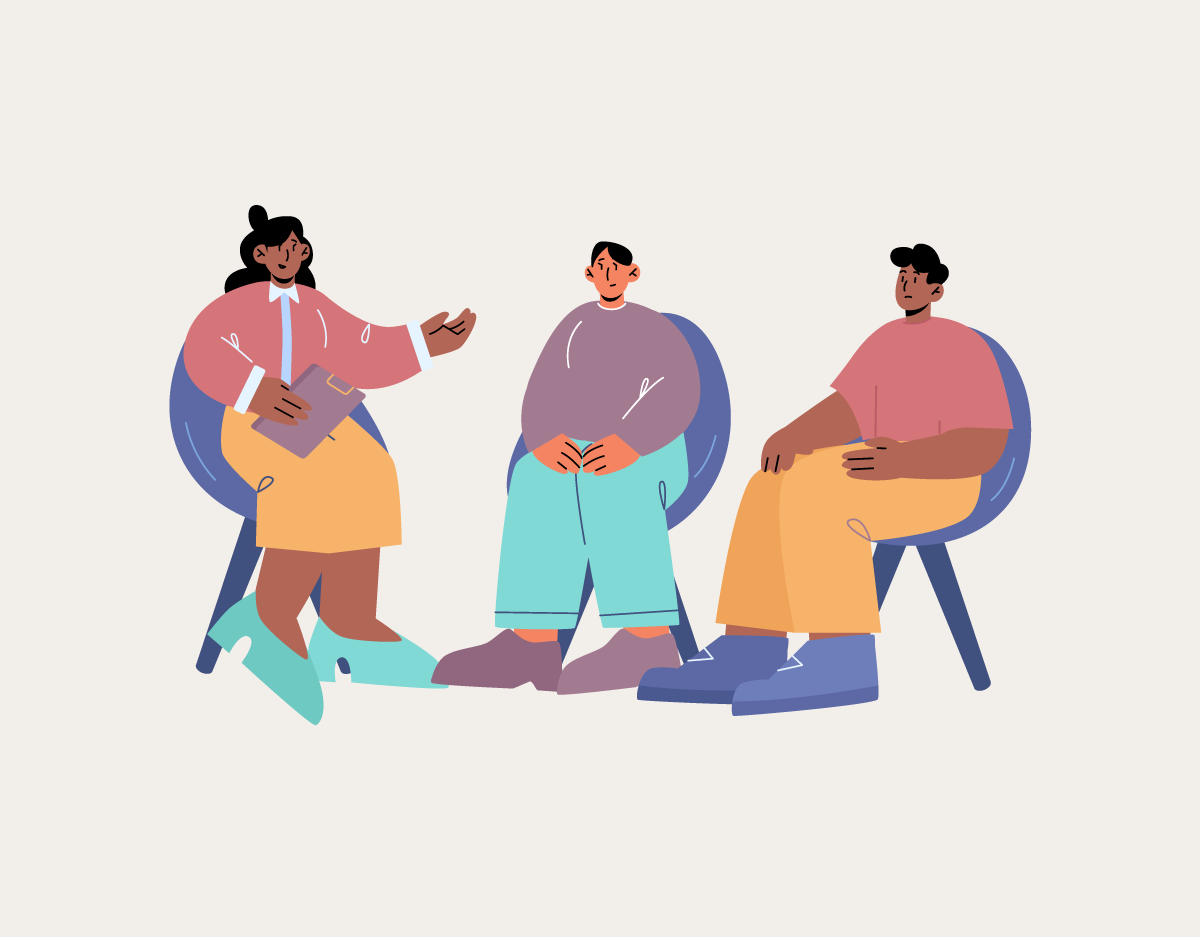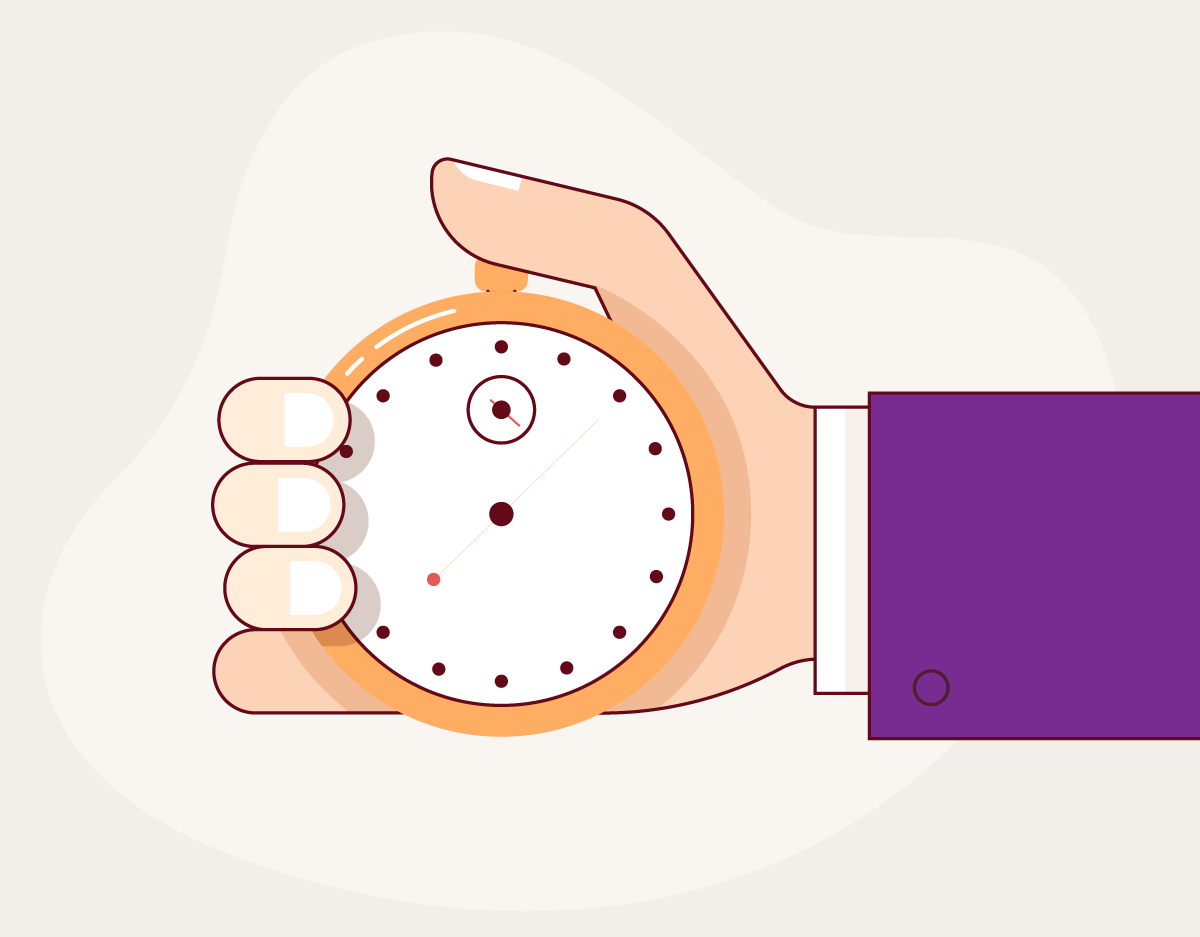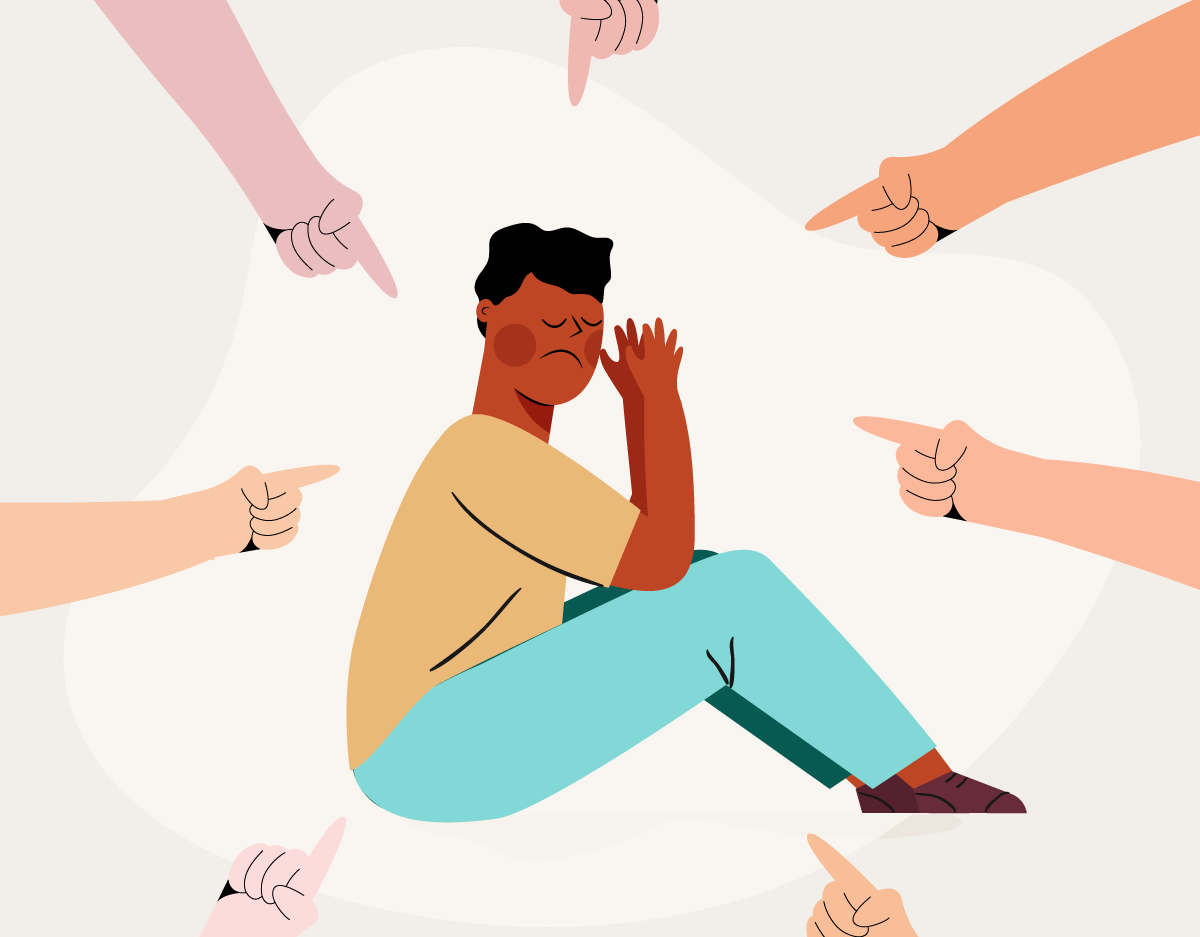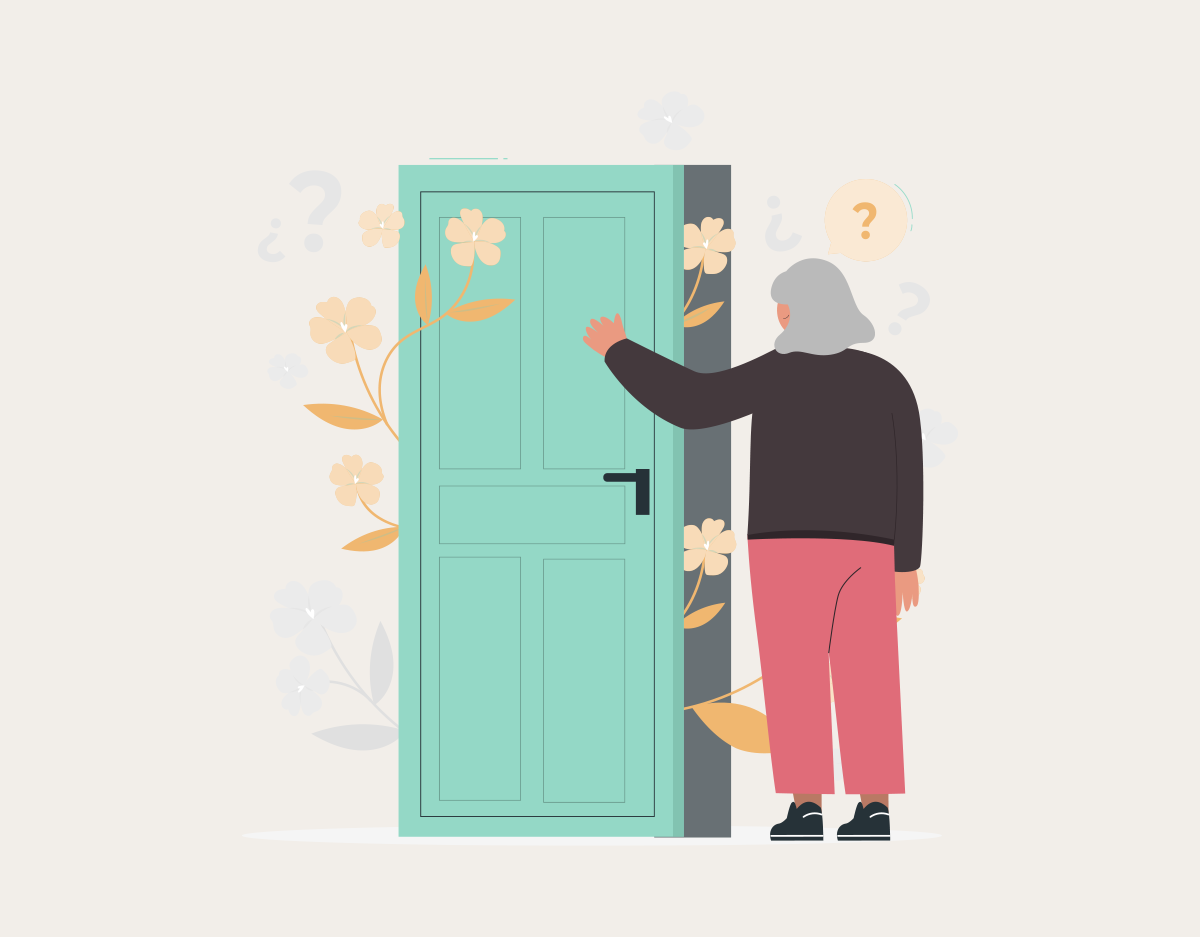The 5 Myths of Therapy
Myth: Therapy is Only for People with Mental Health Issues.
Reality:
Therapy is for more than just addressing mental health issues. It's a tool for those who want to maintain or improve their overall well-being. Whether it's dealing with life's transitions, enhancing relationships (partners, family members, or colleagues), or managing emotions and behaviors, therapy offers support for a variety of personal and professional issues. It is not only an opportunity to deal with life’s challenges or a mental illness, but to prevent issues from occurring or getting worse. Therapy is an opportunity to help you thrive in various parts of your life.
Myth: Therapists Have All the Answers.
Reality:
While therapists bring knowledge about mental health and relationships, their role is not to provide answers but to facilitate change. Therapy is a shared journey where the therapist acts as a guide, with expertise in change, to help you uncover your insights and solutions. The therapist's expertise lies in creating a safe place where you can explore your challenges, understand underlying issues, and discover new paths forward. A therapist will equip you with strategies to manage life's challenges, using your own strengths and inner wisdom.
Myth: Discussing Problems Only Makes Them Worse.
Reality:
Talking about challenges in a supportive, therapeutic relationship can be game-changing. It can help identify the roots of your problems and develop strategies to address them. This process can lighten the burden of bottled-up feelings, leading to clarity, relief, and actionable solutions. It is true that sometimes talking about problems can make it feel worse before it gets better. However, although facing buried thoughts and feelings can be uncomfortable, it is your chance to let them go, along with all the ways they weigh you down. The role of a therapist is to walk alongside you, to help create a safe and successful journey.
Myth: Therapy is a Quick Fix for Problems.
Reality:
It is common to hope that therapy will provide a quick fix to your issues, but real change often requires time, effort, and commitment. Therapy is a process of exploration, understanding, and growth, not a one-size-fits-all solution that instantly solves problems. Progress in therapy depends on the complexity of the issues, your readiness and willingness to engage in the process, and the relationship between you and your therapist. By embracing change and growth as a journey rather than a destination, you can use therapy to be more resilient, deepen your relationships, and navigate life's challenges with greater insight and flexibility.
Myth: Therapy Isn't Worth It If Family Members Don't Participate.
Reality:
While involving others can help address relationship issues, individual therapy still has significant value. A change in one person can, and often does, result in a change in others. Therapy can empower you with insights and coping strategies to better handle conflicts in your relationship, leading to personal growth and potentially inspiring others to join in the journey. It's about gaining clarity, control, and a deeper understanding of yourself, which can, in turn, change a relationship, even if others are not yet ready to join in the therapy.
Therapy is a tool that can help you along your journey toward living your best life. Success in therapy requires your readiness to make change and finding the right match to support your change journey. It is work. It can be scary. But good therapy is worth the effort














